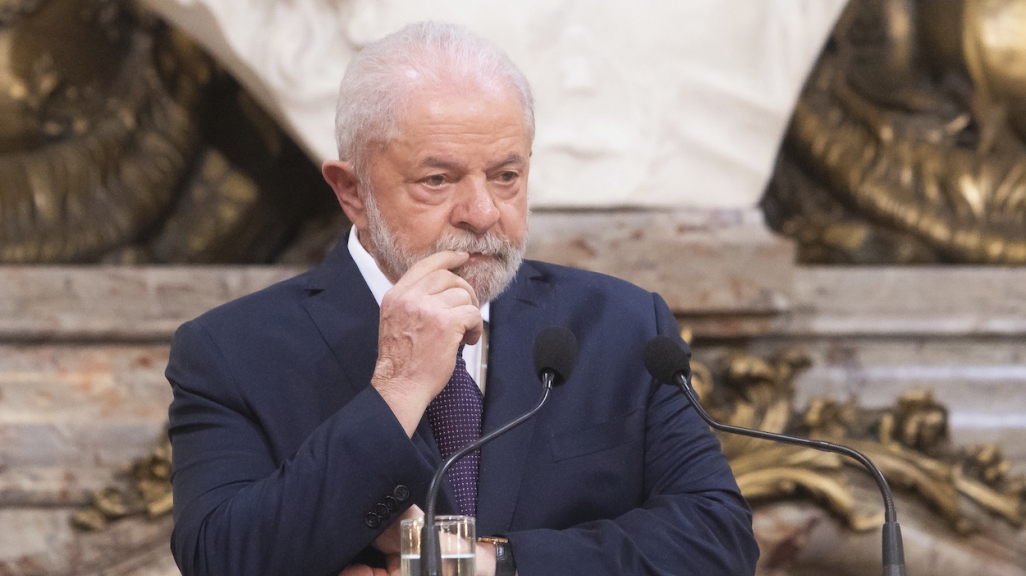Cecilia Tornaghi on Monocle Podcast: What Lies Ahead for Brazil?
Cecilia Tornaghi on Monocle Podcast: What Lies Ahead for Brazil?
"We are facing a world that is way more polarized beyond Brazil," says the AS/COA senior director.
AS/COA Senior Director Cecilia Tornaghi spoke to Monocle's Andrew Mueller on the The Foreign Desk podcast about what the foreign policy of Brazil's new President Lula will look like.
Tornaghi said that over the last four years, Brazil’s government used a rhetoric that made people believe that the country’s electoral system and Supreme Court couldn’t be trusted.
“There was a lot of pounding on and sowing doubt about the institutions and the people serving at those institutions for the last four years in a relentless manner. That has created a parallel world of information that does inform a large part of society,” Tornaghi said.
“When Lula first took office in 2002, people were afraid that he was a socialist, a communist, that was going to take over and bring socialism to Brazil. He proved himself to the markets. Everybody was happy. He left office with 80 plus percent approval rate,” Tornaghi said. ”Now, we have a Brazil that is not facing a commodities boom, not facing a parallel growth spurt that happened in the early 2000s. We are facing a world that is way more polarized beyond Brazil, with war in Europe. So, it's not only the domestic reality. It is divided with a good portion of the country believing that Lula is still legitimate, but also an outside scenario, that is definitely not the rosy scenario that we had in the 2000s.”
Tornaghi said that Lula “wants to put Brazil back on its track, as he keeps saying” but “what will hold him and restrain him in a certain fashion will be his dream of being out of office with the same eighty plus percentage approval rating that he once had.”
“The thing is, he's going through the same old ideas, apparently. You're seeing him already talking about using the development bank to push Brazilian companies working outside Brazil’s borders, which of course, has created a lot of noise internally, because of defaults we had by doing this in his previous terms. So the ideas don't seem to be that new,” Tornaghi said. “But the pragmatism is likely to stay put just because he can't afford to pick more fights than he already has internally right now. He does not have support from a good portion of the country.”








